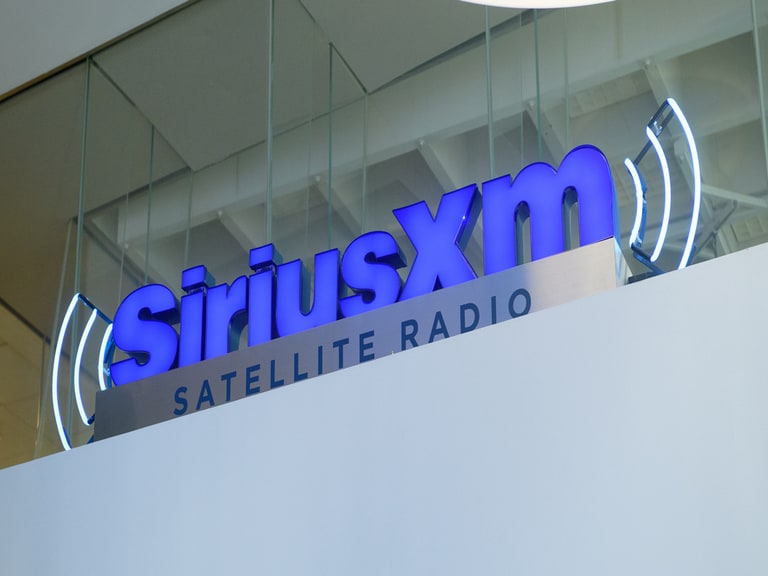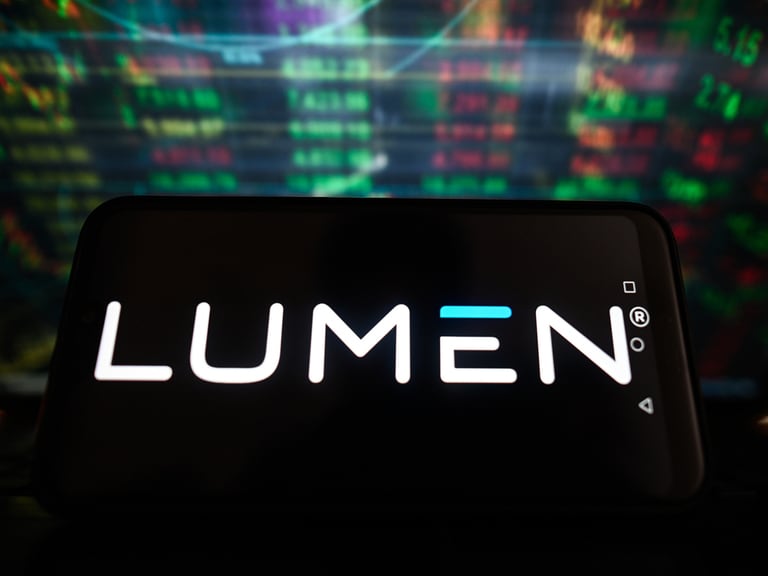Super Micro’s stock has seen rapid gains since the dawn of the AI era, but a recent short-selling report has triggered a pullback.
Super Micro Computer [SMCI] produces the integrated systems that data centers are madeof. It takes computer chips produced by companies like Nvidia [NVDA] and combines them into integrated hardware products such as servers.
SMCI stock has seen rapid gains over the past year, as it is viewed by many as a core player in the artificial intelligence (AI) boom. However, a recent short-selling report has given many investors pause for thought.
A Bad Week for Super Micro’s Share Price
In the week commencing August 26, 2024, SMCI stock took a double hit
A short-selling report published by investment research firm Hindenburg on August 27 saw Super Micro’s share price fall 3.5% during morning trading, according to Reuters, though it closed the day just 2.64% below its previous close.
Then on August 28 the company delayed the filing of its annual report. SMCI stock crashed on the back of the delay, falling 19.02% in a single session.
Despite these declines, Super Micro’s share price closed August 30 up 53.97% year-to-date, and up 67.29% over the last 12 months.
‘Red Flags’ Drag SMCI Stock
Hindenburg’s report claimed that a three-month-long investigation had uncovered “glaring accounting red flags, evidence of undisclosed related party transactions, sanctions and export control failures, and customer issues”.
Many of the allegations are rooted in the company’s investigation by the Securities and Exchange Commission in 2020 for “widespread accounting violations” relating to improperly recognized revenue. Hindenburg’s report says that many of the senior executives who had been released following this investigation were subsequently re-hired.
It also discloses abnormal trading relationships between Super Micro and several companies owned by close relatives of CEO Charles Liang, and suggests that Super Micro’s products —which it describes as “inferior” — are losing customers to competitors, with one competitor in particular cropping up frequently.
Super Micro vs Dell
Hindenburg’s report repeatedly singles out Dell [DELL] as a preferred supplier to many of Super Micro’s key customers, including Nvidia and Tesla [TSLA].
Without passing comment on either company’s product, it could be worth considering the fundamentals of both companies’ stocks when deciding which to invest in.
| SMCI | DELL | |
| Market cap | $25.62bn | $81.72bn |
| P/S ratio | 1.76 | 0.92 |
| Projected revenue growth (FY 2025) | 89.80% | 10.10% |
| Projected revenue growth (FY 2026) | 18.50% | 8% |
Source: Yahoo Finance
Despite its share price plummeting following the Hindenburg report, SMCI is still more expensive than DELL compared to its expected revenue.
This is likely due to Super Micro’s superior revenue growth forecasts. However, investors should consider how likely Super Micro is to meet these expectations if Hindenburg’s allegations — essentially, that Super Micro has manipulated its accounts to boost its reported and forecast sales — are true.
Super Micro Stock: The Investment Case
The Bull Case for Super Micro
J.P. Morgan analysts were somewhat dismissive of Hindenburg’s report. A note issued Tuesday said that it contained “limited details” as far as actual accounting manipulation was concerned.
“We see the report as largely void of details around alleged wrongdoings from the company that change the medium-term outlook, and largely revisiting the already known areas for improvement in relation to corporate governance and transparency,” the firm said in a note.
Notwithstanding the pullback, the market appears to agree with this view. Super Micro’s gains over recent months have been based on its position at the center of a far-reaching trend in the rise of AI adoption. Given that the stock is still up nearly 70% over the past year, there is clearly confidence within the market that the fundamental components of this thesis remain intact.
The Bear Case for Super Micro
While it is unknown how accurate the allegations contained in Hindenburg’s report may be, or how detrimental they could be to Super Micro’s growth if they are true, Super Micro’s delaying of its annual report is a potential indicator that they could be both accurate and serious.
Super Micro said in a statement that it was delaying the filing of its 10-K annual report because its management needed more time “to complete its assessment of the design and operating effectiveness of its internal controls over financial reporting as of June 30, 2024”.
While this delay is not necessarily related to Hindenburg’s report, Thomas Hayes, Chairman and Managing Member at Great Hill Capital, described the market’s reaction as “shoot first, ask questions later”.
“A delayed filing is a red flag — especially in light of the allegations. Time will tell who is correct. But for now, investors seem to be assuming that if there is smoke, there may be fire too,” Hayes told Reuters.
Conclusion
Hindenburg’s report and the subsequent filing delay undoubtedly raise questions for investors to ponder before buying Super Micro.
Investors should conduct thorough independent research before reaching any investment decision, and be aware of the risks involved. Some may reach the conclusion that the pullback in Super Micro’s share price is merely temporary, and therefore represents a buying opportunity. Others, however, may agree with the notion that there is no smoke without fire, and decide to sell as a result.
Read OPTO’s deep dive into Super Micro’s stock and growth projections on Foresight, OPTO’s premium research-led investment substack.
Disclaimer Past performance is not a reliable indicator of future results.
CMC Markets is an execution-only service provider. The material (whether or not it states any opinions) is for general information purposes only, and does not take into account your personal circumstances or objectives. Nothing in this material is (or should be considered to be) financial, investment or other advice on which reliance should be placed. No opinion given in the material constitutes a recommendation by CMC Markets or the author that any particular investment, security, transaction or investment strategy is suitable for any specific person.
The material has not been prepared in accordance with legal requirements designed to promote the independence of investment research. Although we are not specifically prevented from dealing before providing this material, we do not seek to take advantage of the material prior to its dissemination.
CMC Markets does not endorse or offer opinion on the trading strategies used by the author. Their trading strategies do not guarantee any return and CMC Markets shall not be held responsible for any loss that you may incur, either directly or indirectly, arising from any investment based on any information contained herein.
*Tax treatment depends on individual circumstances and can change or may differ in a jurisdiction other than the UK.
Continue reading for FREE
- Includes free newsletter updates, unsubscribe anytime. Privacy policy





